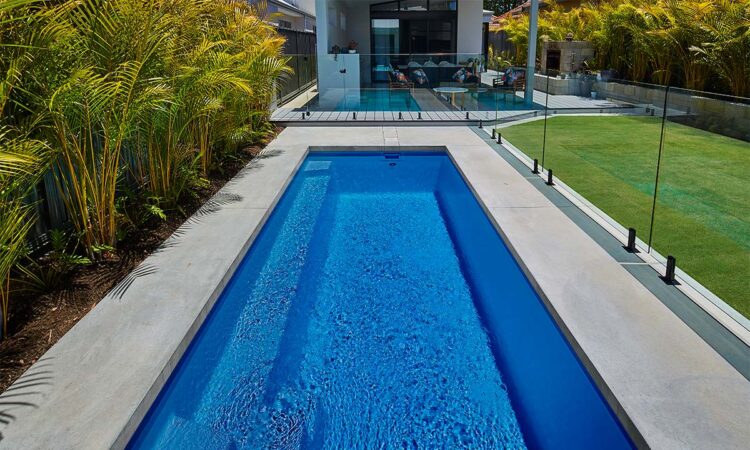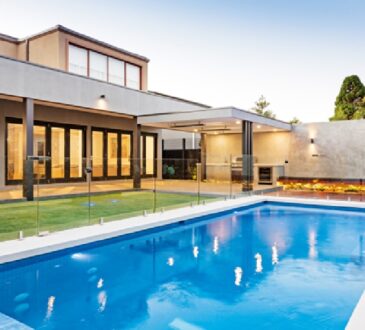
In many countries, including the US, pools indicate luxury and expensive real estate. So, most homeowners consider pools safe investments. Pool ROI is often debated. A pool or spa can increase your home’s resale value, but its value depends on its location, style, and locality. This page addresses pool ownership fees to dispel myths. It will also incorporate the costs of raising the sale price and the pool’s value components.
A Pool’s Cost?
Pool installation is costly. They’re expensive and may raise annual costs. Pool prices depend on the kind, material, filtering system, and facilities.
Above ground Pool Cost
Above-ground and in-ground pools exist. Basic above-ground pools cost $800–$8,000. Building and maintaining a pool, including filters and pumps, costs $1500 to $2600 nationally. Decks, which cost $4,500 to $8,000, are not included.
Saltwater conversion kits, diving boards, and pool pumps increase cost. Saltwater conversion kits can make your aboveground pool saltwater. Saltwater pools may save money over time because salt is cheaper than chlorine. Future upgrading kits may cost $450–$1,000.
Expense of In-Ground Pools
The national average for an in-ground pool is $50,000 as said by pool builders in fort worth. In-ground pools come in many styles. The main cost driver is materials:
- Vinyl – In-ground pools made of vinyl are the cheapest to install. One of the hardest maintenance needs is replacing their liners every 15 years. The average 16-inch-by-32-inch in-ground pool costs $46,000.
- Fiberglass pools are second-cheapest and last longer than vinyl. They’re also low-maintenance. Non-porous surfaces make it tougher for bacteria to stick. They require less cleaning than vinyl. $59,000 buys a 16-inch-wide, 32-foot-long fiberglass spa.
- Realistic Concrete pools cost the highest. Concrete pools can survive 50 years without damage. Resurfacing their coating every 10 years is the sole downside. A 16’x32′ concrete pool costs $66,000.
Like above-ground pools, in-ground pools can use saltwater filtration. An electrolytic chlorine generator (ECG) converts saltwater into chloramine, preventing bacteria growth. ECG systems cost $1,500 to $2,500, depending on pool size, but they reduce long-term costs. Swimming in seawater reduces chemical pool upkeep by 40% on average.
Yearly Pool Cost?
Pool operation costs include rising utility, maintenance, and insurance costs.
- Utilities cost- Pools can raise your annual electric cost by $150 to $300, depending on the heating system, pump, and location. A pool of typical size might raise your water usage by $50 to $250 per year, depending on your location, temperature, and rainfall. Winter pool closure cuts water costs in half.
- Maintenance costs- The biggest pool care cost is pH chemical. Pool chlorine costs about $500 a year, depending on usage. Saltwater pools cost 50% less to maintain (around 200 dollars.)
- Coverage- Pools, gardens, and trampolines are considered lovely annoyances. Anything unsafe or child-attracting on your property is a lovely irritation. A home with an inviting nuisance will raise homeowner’s insurance. Pool installation will likely raise the price by $50–$75.
Pool maintenance costs $750 to $1,000 each year. pH test kits, filter kits, pool covers, shutting and opening fees, and other little repairs cost about $400.
How much does your pool affect resale?
Real estate experts say a well-maintained pool might boost your home’s value, but not much. The most expensive in-ground pools raise property value by 8%, while the average pool adds 7%. The average US house costs $428,700, ranging from $375,000 to over $500,000. This means that pools can regularly generate $32,000.


